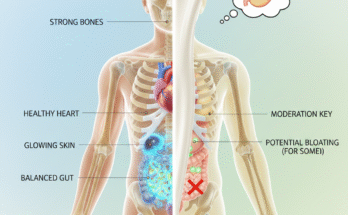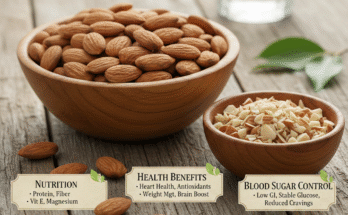Aromatherapy is part of two healing fields: the field of energy medicine and the field of phytotherapy. It has been used since before 5,000 BCE when clay tablets were discovered in modern-day Syria that explained how to extract aromatic substances for the use of medicinal treatments. One particular formulation required the use of pine needles, fennel and galbanum, the same vital essential oils we still use to this day for a variety of concerns.
Strong evidence was found to link aromatherapy to many ancient traditions. Though aromatic oils have been used to treat and cure various ailments and conditions for centuries, the formal study on their properties only started in 1928.
In its simplest form, aromatherapy is the use of essential plant oils for therapeutic purposes. They are normally employed to relieve a person from stress and a variety of stress-related conditions. They are also used for promoting an individual’s general well being and in invigorating the body and the psyche.
According to the National Association for Holistic Aromatherapy, “The practice of aromatherapy involves the use of natural plant extracts, such as essential oils, hydrosols, and carrier oils, in a variety of ways to heal the body, mind and spirit. It is the promotion and harmonization of emotional, physical and spiritual health through the application of these extracts.”
Find the best aromatherapy products at alchemystco
Aromatherapy works by inducing the olfactory nerve cells with aromatic oils, which then carries out the message to the limbic system in the brain. The limbic system is the part of the brain that is responsible for controlling memory and emotions.
Aromatherapy is concerned with the workings of both the physical and emotional aspects of the person under treatment. Physically, aromatherapy helps in relieving specific conditions through the stimulation of the nervous, immune and circulatory systems. In emotions, however, they may evoke pleasant memories and uplifted moods.
Although the medical community is not in agreement over whether aromatherapy in itself is instrumental to healing various medical conditions, the idea of recovery through aromatherapy is widely accepted.
Essential oils are derived from the distillation of the elements of a plant like the leaves, roots, flowers, stems and bark. They hold the true essence of the plants from which they originally came in high concentration. Though termed as oil, essential oils normally do not have the real properties of oil. Some essential oils are yellow like that of the lemongrass and orange and many are clear.
The modern-day practice of aromatherapy or aromathérapie as it is known in French was devised by the French perfumer and chemist, René-Maurice Gattefossé in 1937. Gattefossé is most well-known for the incident in which he accidentally burned his hand in his laboratory and plunged it a vat of lavender oil. To his surprise, his hand healed and did not bear the scarring he feared had his hand been left untreated.
Today the practice of aromatherapy incorporates the use of essential oils, hydrosols, and carrier oils for holistic healing. Aromatic oils and water are used for their therapeutic properties to heal the mind, body and spirit, returning the body to a state of equilibrium. Aromatherapy is used in a variety of personal care products, candles, massage blends, skincare serums, as well as diffusing, perfumes, rituals, and even ingested as medicines.
These oils are used in a variety of methods: through inhalation, by adding them in the bathwater and by the application of the diluted oil on the body.
The use of oil in aromatherapy is only restricted to those with unadulterated qualities. The purest of the essential oils alone have therapeutic values.
Aromatherapy works through the sense of smell and skin absorption using products such as these:
- diffusers
- aromatic spritzers
- inhalers
- bathing salts
- body oils, creams, or lotions for massage or topical application
- facial steamers
- hot and cold compresses
- clay masks
Aromatherapy has an array of benefits. It’s said to:
- manage pain
- improve sleep quality
- reduce stress, agitation, and anxiety
- soothe sore joints
- treat headaches and migraines
- alleviate side effects of chemotherapy
- ease discomforts of labor
- fight bacteria, virus, or fungus
- improve digestion
- improve hospice and palliative care
- boost immunity


